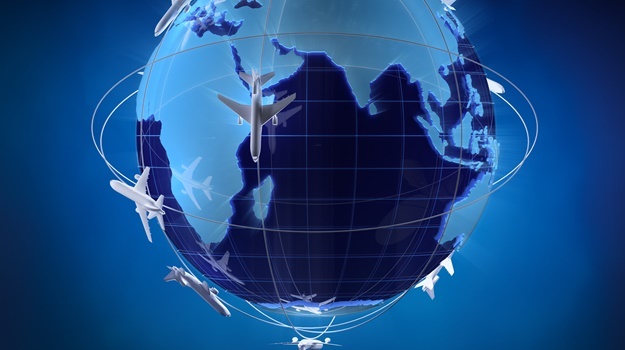The United Nations has said that the current fiscal situation brought about by the coronavirus is "tighter now" for most developing countries than it was during the global financial crisis a decade ago.
This bodes ill for South Africa, which was already facing high joblessness, an increasing fiscal deficit and low growth before the pandemic struck. Statistics South Africa announced in March that the economy's gross domestic product for the final quarter of 2019 decreased by 1.4%, after contracting by 0.8% in the third quarter, plunging SA into its second recession in two years.
In a new report, the UN said the global pandemic will likely cause an estimated 34 million people to fall below the extreme poverty line in 2020, with 56% of the increase in African countries. An additional 130 million people may join to the ranks of people living in extreme poverty by 2030, "dealing a huge blow to global efforts for eradicating extreme poverty and hunger".
President Cyril Ramaphosa announced on Wednesday evening that three million South Africans have already applied for the state's new R350 a month grant since it was launched earlier in the week. The grant is intended to provide money to unemployed South Africans who receive no other form of assistance from government.
He also said government would start consultations about the possibility of lowering the level of lockdown for "most of the country" from next month, which would mean easing restrictions on economic activity. "Those parts of the country with the highest rates of infection will remain on Level 4," he said.
Prohibitive costs
The UN report said the fiscal cost of fighting the crisis and stimulus measures would be "prohibitive for many developing countries", leaving many in a weaker position to confront the crisis than they were in the 2008–2009 period.
South Africa's GDP could shrink by between 10% and 16.7% this year despite stimulus efforts due to a sharp plunge in economic activity, according to Business for South Africa.
"Gross external financing requirements—consisting of short-term debt, amortisation of medium- and long-term debt, and the current account deficit—have significantly increased, exceeding 20% of GDP, for example, for Argentina, Kenya, Malaysia, South Africa, Tunisia and Turkey. For most developing countries, particularly for commodity-dependent economies, the fiscal situation is tighter now than it was in 2008," the UN report said.
The UN said massive losses of jobs and income due to the pandemic would exacerbate global poverty, especially in developing countries, where unemployment insurance and other forms of social protection are minimal.
According to the report, yields on 10-year government bonds of developing economies like Brazil, Colombia, Nigeria and South Africa, increased by more than 2.0 percentage points, amid investor panic and increasing flight to safety.
"In parallel, the Brazilian real, the Mexican peso and the South African rand have depreciated by about 30% against the dollar between January and March, pushing up debt-to-GDP ratios and amplifying risks of debt distress, as most of their debt is denominated in US dollars," the report said.
Martin Kingston of Business 4 South Africa concurs that the coronavirus pandemic has will set South Africa on the path for some difficult economic times.
"We anticipate that GDP will contract between 10 and 17% despite the initiatives that have been announced by the president and the minister of finance. We also predict that between 1 million and 4 million formal and informal jobs are at risk," said Kingston last week.
Kingston said the business formation was advocating for shifts between levels of national lockdown to happen "as smoothly and quickly as possible" with mechanisms for transporting workers and adequate personal protective equipment.




















